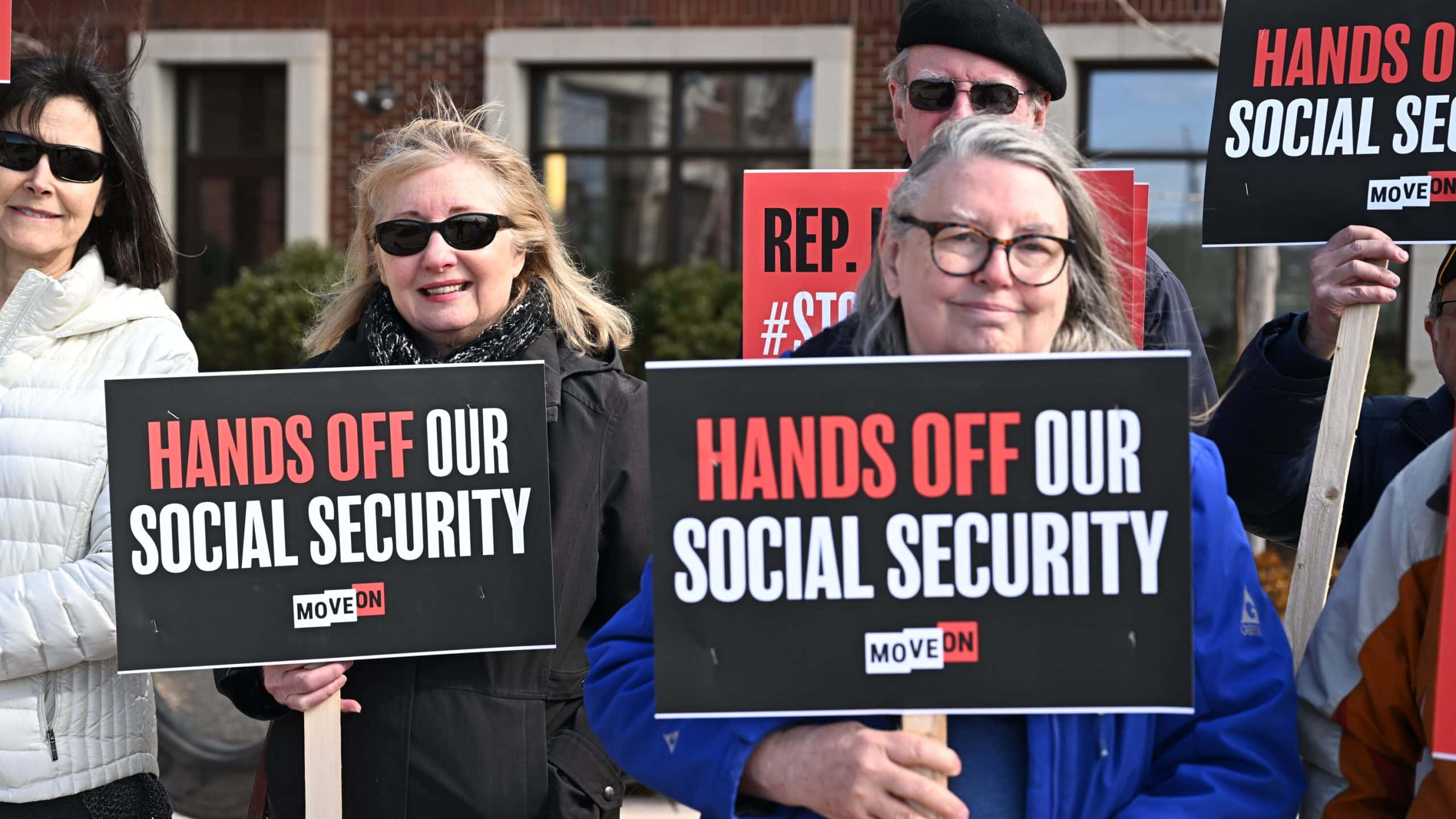While leaning on the Social Security Administration (SSA) is not inherently problematic, it carries risks due to looming challenges.

The reliance on the Social Security Administration (SSA) for retirement income is a common sentiment among baby boomers, with 41% indicating it as their primary income source
The Social Security Administration (SSA) has grappled with a cash shortfall for years, stoking concerns about potential insolvency. While it’s not on the brink of complete depletion, benefit reductions are a possibility.
The Social Security Administration’s (SSA) primary revenue comes from payroll taxes, but recent years have seen a deficit in covering benefits, prompting the agency to tap into trust funds. These funds, however, have finite reserves, projected by the SSA Board of Trustees to run dry around 2034, leaving only 80% of benefits funded.
This predicament could spell trouble for current and soon-to-be retirees
Unless Congress devises a solution before 2034, benefits may face a 20% reduction. Additionally, despite attempts to counteract inflation through cost-of-living adjustments (COLAs), SSA has seen a 40% decline in buying power since 2000.
This news is concerning for all beneficiaries, particularly those heavily dependent on the Social Security Administration (SSA). While little can be done about the cash shortage or buying power loss, steps can be taken to lessen reliance. Bolstering savings and delaying benefit collection until age 70 can provide financial cushioning. Social Security Administration (SSA) may not be on the brink, but caution and preparation will fortify retirees against an uncertain future.
READ ALSO: Here Is Your Required Cash Reserve In Case Of A National Emergency




